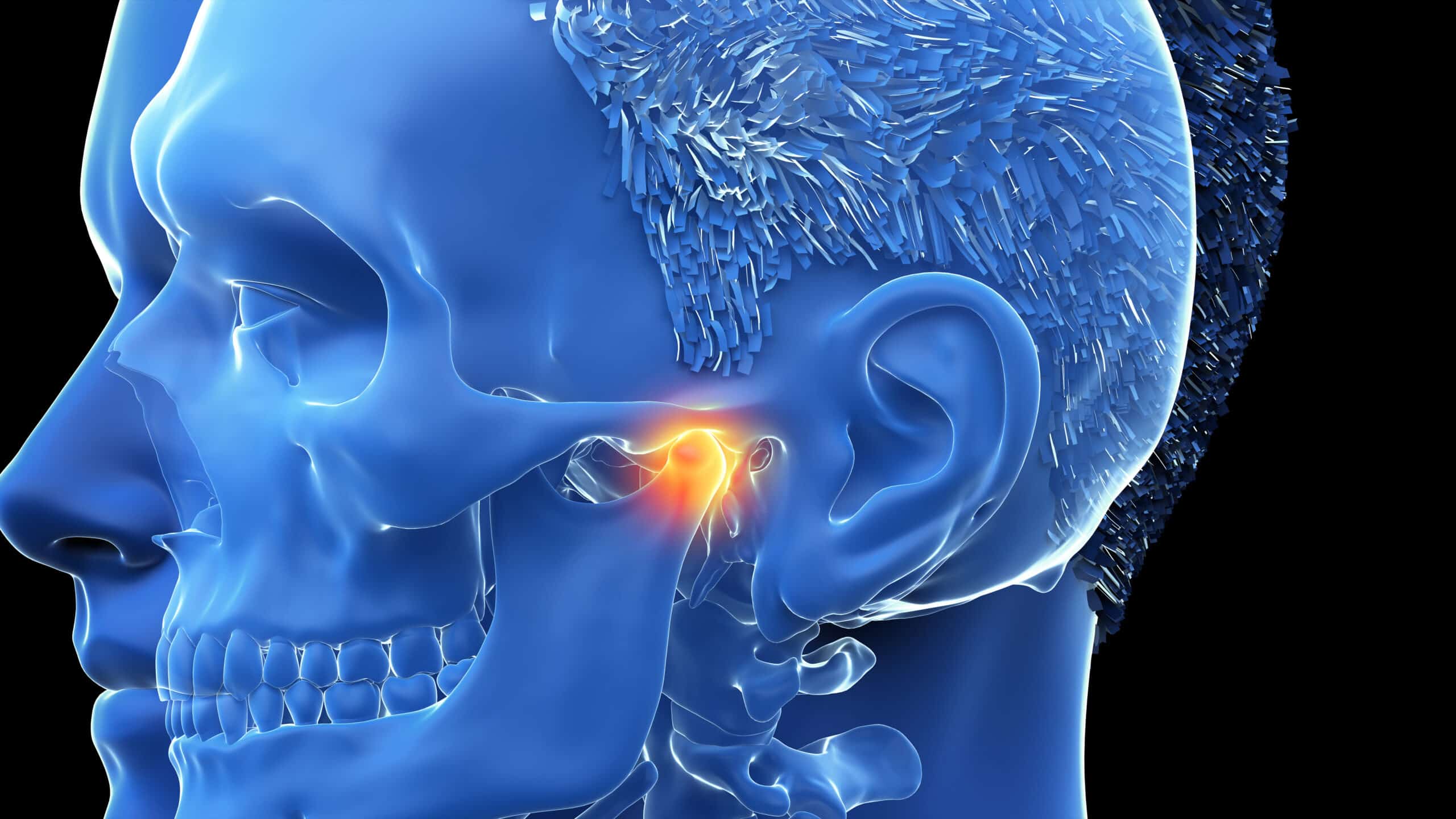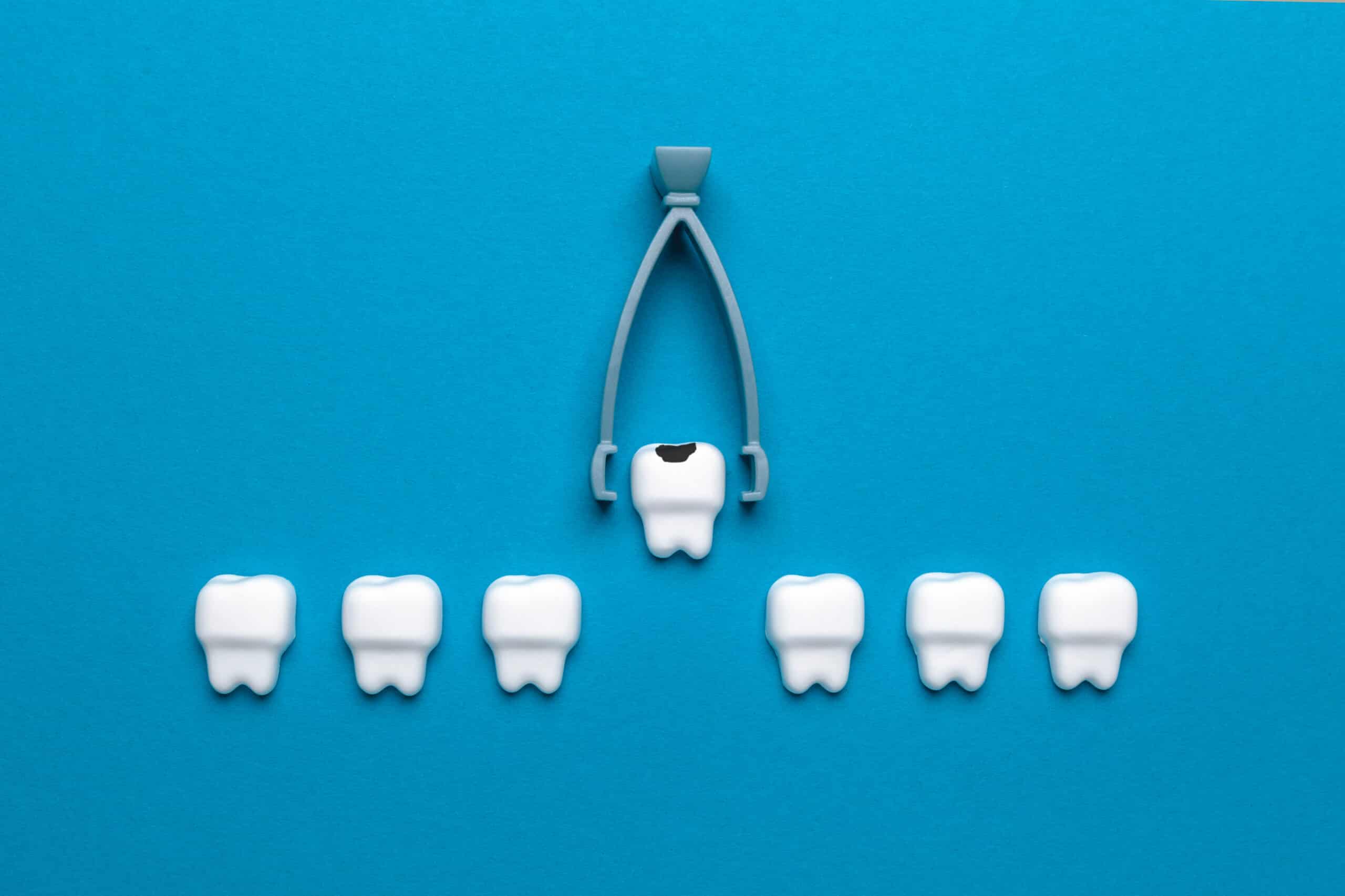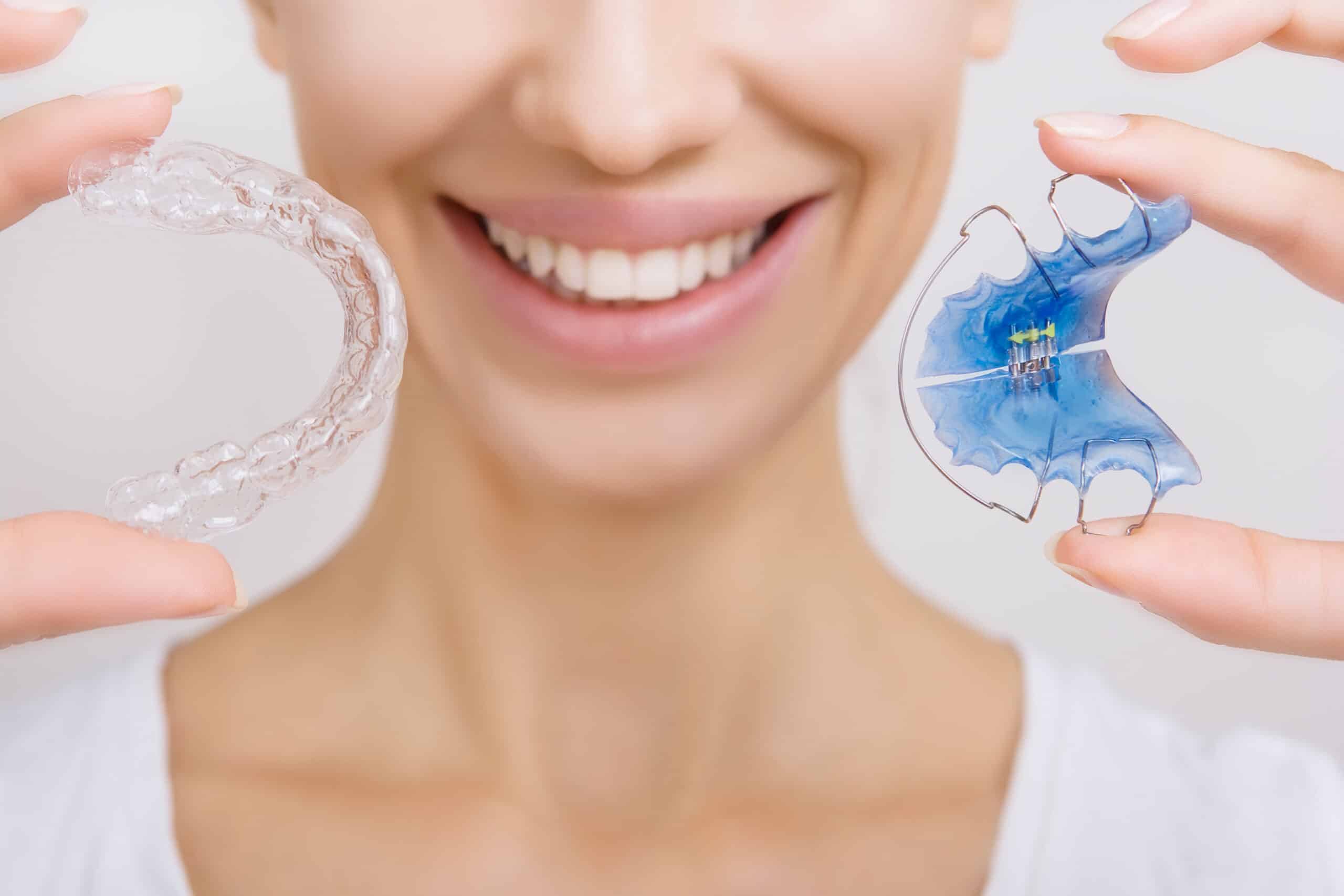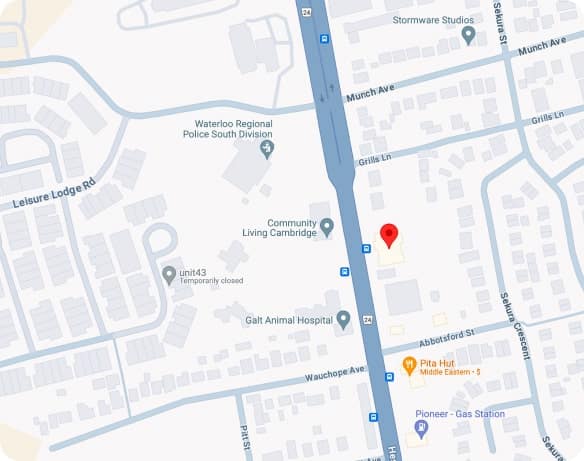Temporomandibular (TMJ) is typically synonymous with a painful disorder but the term refers to the jaw joint affected. This joint is a type of sliding hinge and connects your jaw with your skull. It is what allows you to move your jaw to chew and speak.
TMJ, depending on the severity, can cause symptoms beyond jaw pain. It is associated with toothaches, headaches, and earaches. It can disappear spontaneously but can affect some people for years.
Diagnosing TMJ Disorder
Although TMJ disorder is a physical problem that a medical doctor could look at, the first diagnosis usually comes from a dentist. That’s because patients typically complain of jaw pain when they go to their dental visit.
Dentists are uniquely qualified to diagnose and treat TMJ disorder. General dentists are trained in jaw function and how that relates to the rest of the head and mouth so they are excellent for diagnosis of TMJ.
An Exam for TMJ
Dentists will examine you for TMJ by feeling where your jaw meets your skull and asking you to open and close your mouth several times. They may ask you to move your jaw back and forth to see how it functions and to listen for any clicks or pops.
Options for Treatment
There isn’t a definitive cure for TMJ but there are plenty of treatment options. One of the primary causes is teeth grinding at night so your dentist may suggest wearing a night guard to prevent teeth from striking each other. The guard will lessen the strain on your jaw.
Night guards are custom-made so they are comfortable to wear and can ease the strain of clenching. A benefit of them is they will realign your jaw into a proper position and that can reduce tension on the joint.
Dental Splints
Those who need additional treatment can use dental splints. This is a device worn during the day but does the same thing that a night guard does as it prevents you from clenching or grinding your teeth.
Mouth Exercises
TMJ has some stiffness associated with it so exercises that strengthen and relax jaw muscles will help. Your dentist will give you exercises that stretch muscles in your mouth and that will make your jaw stronger and help reduce pain.
Relaxation Exercises
One of the key root causes of TMJ is stress. Stress can lead to teeth clenching or grinding both during the day and especially at night. Stress causes muscles to tense up, including jaw muscles, resulting in pain.
Learning breathing and meditation techniques to reduce overall stress could help reduce pain associated with TMJ.
Medications
Many people with TMJ take over-the-counter pain medications and that can work. However, severe cases may get more benefits out of a prescribed medication issued by a dentist. It could be pain medication or other types of drugs to help you relax so you aren’t stressing out the jaw area.
Some options include muscle relaxants, anti-inflammatory drugs, anti-anxiety medications, and analgesics.
TMJ, although it can’t be cured like other ailments, can be controlled and reduced. Over time, taking action to reduce stress and change habits can eliminate it. Seeing a dentist about your TMJ disorder is the place to start to find relief.
Make an appointment today with us to find out what we can do to help you with TMJ. We are here to help you move forward through this issue and reduce pain.






